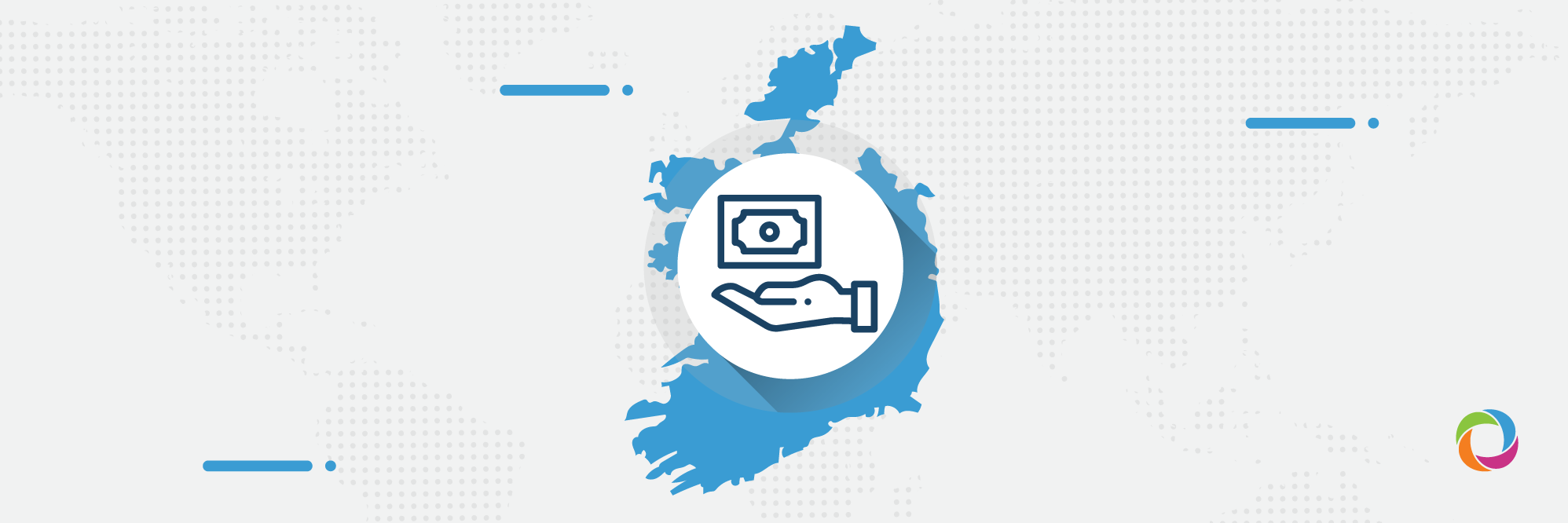Last year, Ireland spent €869m delivering development aid to over 130 countries, ranking it in 12th position globally in terms of overseas aid contributions, as a percentage of its national income.
Although Ireland’s development aid spending still fails to meet its Official Development Assistance (ODA) commitment, i.e. it is lower than 0.7% of its gross national income (GNI), the country has continuously increased its development aid budget over the years. It is estimated that, by the end of 2020, this small European country will have spent €21 million more compared to 2019.
Recently, Ireland has mainly focused on dealing with gender inequality, spending about 75% of its ODA for this purpose, and supporting over 130 countries. The Irish government has emphasized that this priority to fight gender inequality through development aid is a result of its belief that higher participation of women in the political process is the key factor in conflict resolution, something the Irish have learned by their own experience.
Last year, Ireland allocated over €25m to Syria, making it the biggest ever response to a single crisis, while its total contribution to emergency aid was €142m.
With regard to the development assistance channeled to African countries, Ireland donated €8.3m to South Sudan, €5.8m to Somalia, €5.2m to Ethiopia, €4.9m to the Democratic Republic of Congo, and €4.7m to the Central African Republic.
Moreover, Ireland is planning to enhance its presence in Africa as well as becoming more involved in supporting its inhabitants. Dublin will open three more embassies on the continent by 2025 and will double the number of postgraduate students who will be able to benefit from the Africa Ireland Fellows Programme.
Spending for Irish non-governmental organizations operating overseas amounted to €14.9m and the budget supporting the Global Fund to Fight AIDS, Tuberculosis, and Malaria was increased by 50%. Ireland allocated €19m to the World Food Programme and pledged €4.5m to finance a three-year cooperation with the International Rescue Committee which deals with gender-based violence.
The Irish government is also planning to spend another €250m for education in developing countries within the next four years.
Ireland was able to send immediate development assistance on 33 occasions in 2019 as part of the UN rapid response to the crisis in 16 countries including Albania, Bangladesh, Cameroon, Colombia, Ethiopia, Ghana, Myanmar, South Sudan, Venezuela, and Zimbabwe.
At the moment, Ireland takes the 12th position on the list of the Organisation for Economic Co-operation and Development in terms of countries that contribute the most to overseas development assistance, as a percentage of gross national income. The first three positions are occupied by Luxembourg, Norway, and Sweden. Although Ireland has not yet met the 0.7% ODA target, the government has committed to reach this by 2030, as well as to conduct development aid policy according to the UN’s sustainable development goals (SDGs). Ireland was closest to reaching the ODA target in 2008 when it allocated €920.66 million to development assistance, i.e. 0.59% of its GNI.

